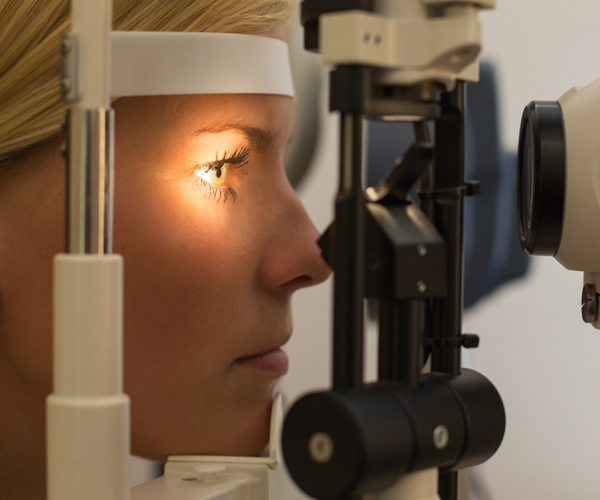8 top age-related eye problems – and what to do about them
By Lynn Allison From Newsmax

Eye issues are commonly associated with aging, but early detection is the key to preventing simple problems from becoming medical catastrophes.
“The key is to schedule annual eye examinations so that, if needed, treatment can be done in a timely fashion,” Dr. Cary Silverman, a New Jersey-based ophthalmologist, tells Newsmax. “For example, cataracts can cause a slow loss of vision, but are easily treated with cataract surgery if they are detected early.”
Here are eight common eye problems that we experience as we age:
- Dry eye. Our tear production declines as we age and people over the age of 65 usually experience some symptoms of dry eye, according to AARP. Over-the-counter eye drops such as Refresh or Systane can help. Silverman does not recommend any product that says it “gets the red out,” as these drops may contain additives that irritate the eyes.
- Floaters. Age-related changes in the gel-like fluid in the back of our eyes can cause us to see specks or squiggles that are normally harmless, according to AARP. But if they come on suddenly, see your doctor immediately because this may be a sign of a detached retina.
- Glaucoma. Glaucoma is often referred to as the “silent thief of sight” because it may not trigger symptoms until vision is impaired. It’s one of the leading causes of blindness for people over the age of 60. Annual checkups can diagnose this condition early and lead to successful treatment.
- Cataracts. There is good news for those with cataracts. The latest advances in modern cataract surgery offer the promise of excellent vision without glasses, says Silverman. “These advances include using a Femtosecond laser to make incisions to improve astigmatism and to soften the cataract before its removal and inserting special lenses, which allow one to see both near and far without the need for glasses,” he says.
- Diabetic retinopathy. People with either type 1 or type 2 diabetes are at risk for developing diabetic retinopathy, which happens when glucose damages the blood vessels in the retina, clouding vision, says AARP. Keeping your diabetes under control is the best way to prevent this condition that may lead to vision impairment and loss.
- Detached retina. If left untreated, a detached retina can cause permanent eye loss. If you notice a sudden change in vision such as floaters or flashes, see your doctor immediately. According to the Mayo Clinic, this is an emergency situation in which the thin layer of tissue called the retina at the back of the eye has pulled away from its normal position. The longer retinal detachment goes untreated, the greater your risk of permanent vision loss.
- Macular degeneration. This condition affects over 10 million Americans, according to AARP, and while there is no known cure, you can lower your risk by maintaining a healthy diet, not smoking, and exercising.
- Blepharitis. This is a very common eye condition, says the American Academy of Ophthalmology. It is an inflammation of the eyelids triggered by bacteria that causes redness and swelling. It’s especially prevalent among people with oily skin or dandruff. While there is no cure, warm compresses with a soft washcloth can help soothe your eyelids. It’s important to keep your eyelids, skin, and hair clean to prevent this inflammation. Carefully wash your eyelashes every night with baby shampoo and ask your doctor if you need to use an antibacterial shampoo for your hair.
© 2020 NewsmaxHealth. All rights reserved.
For more on this story go to: NEWSMAX





